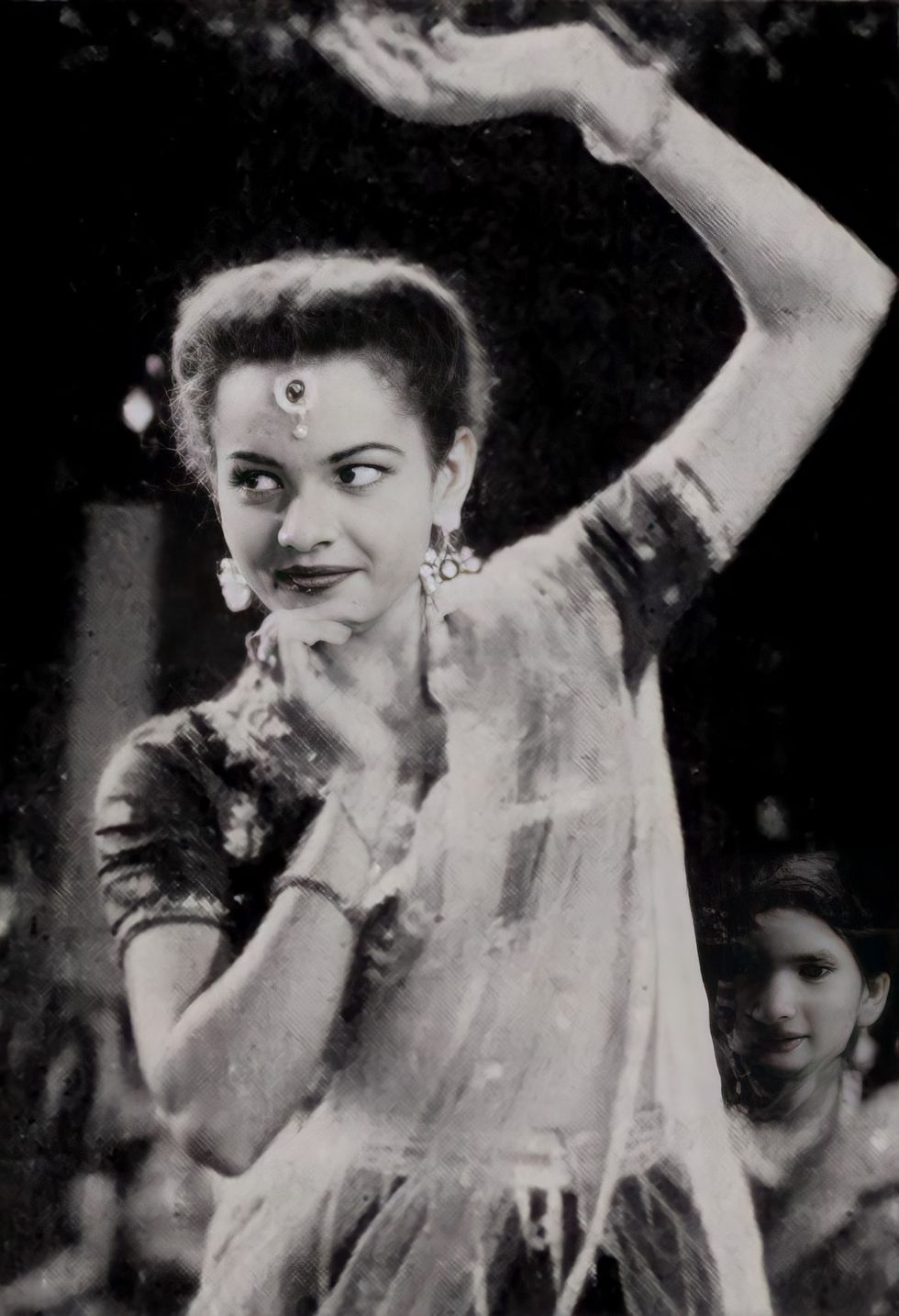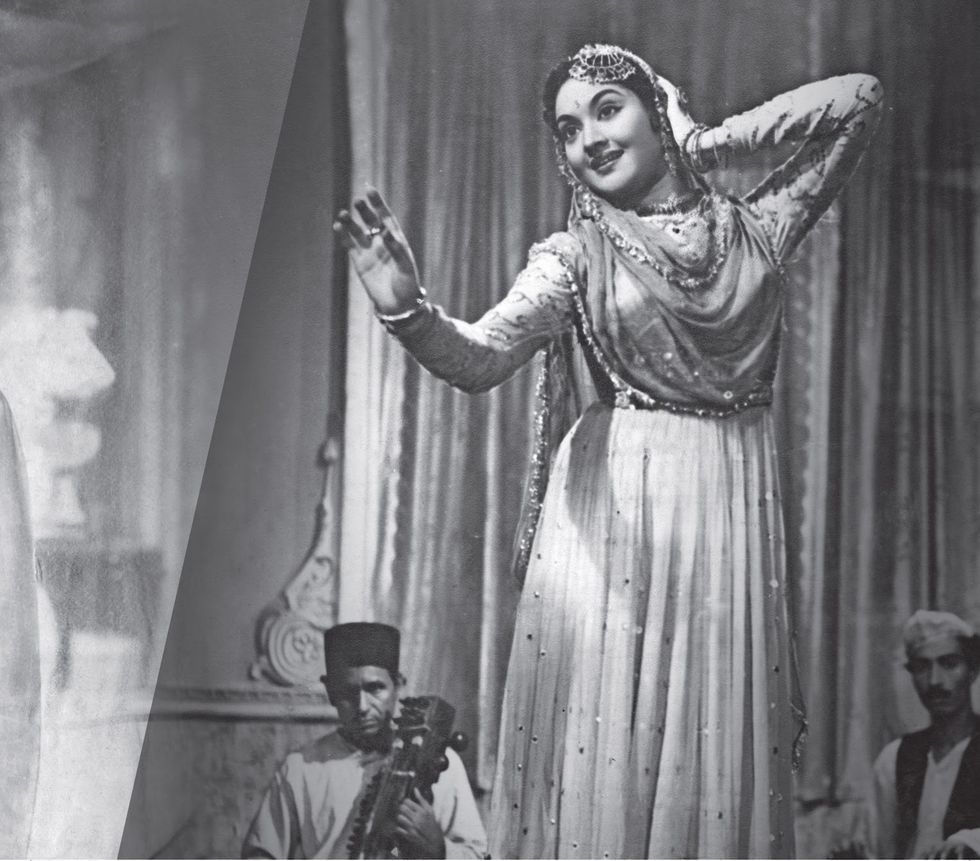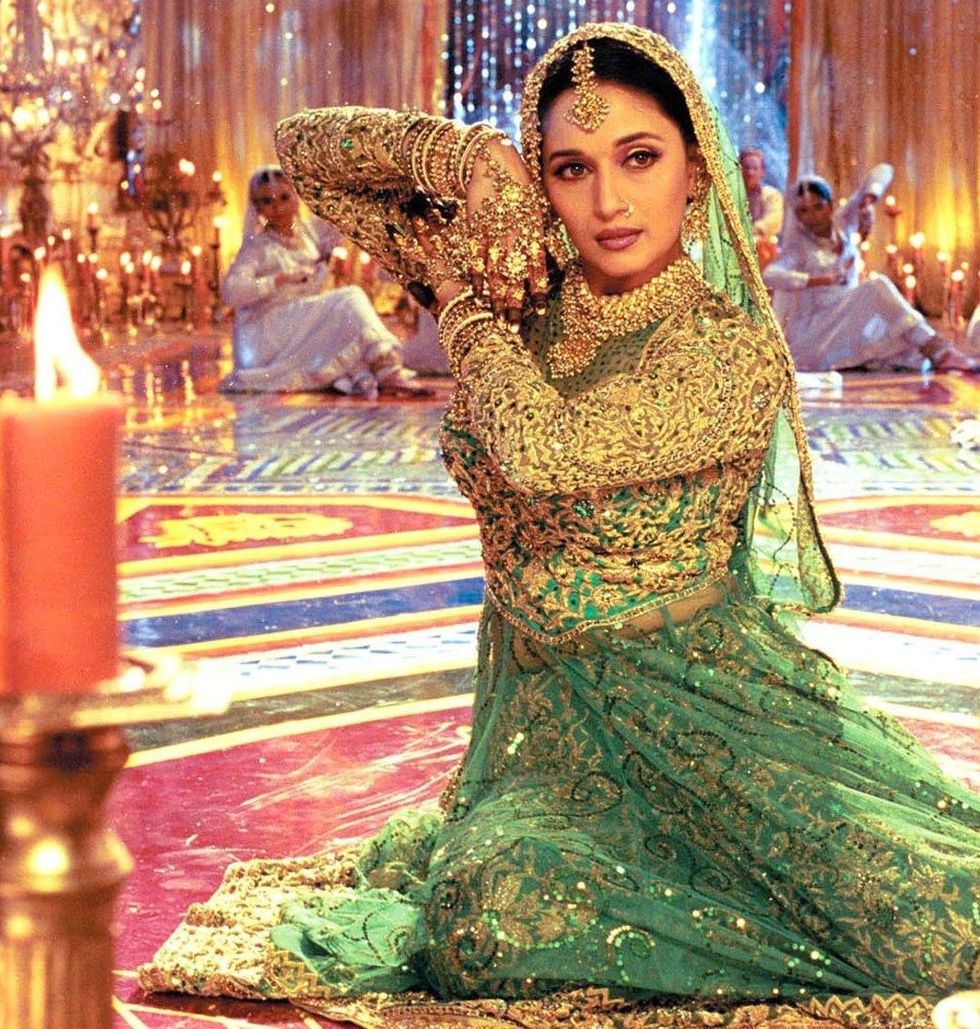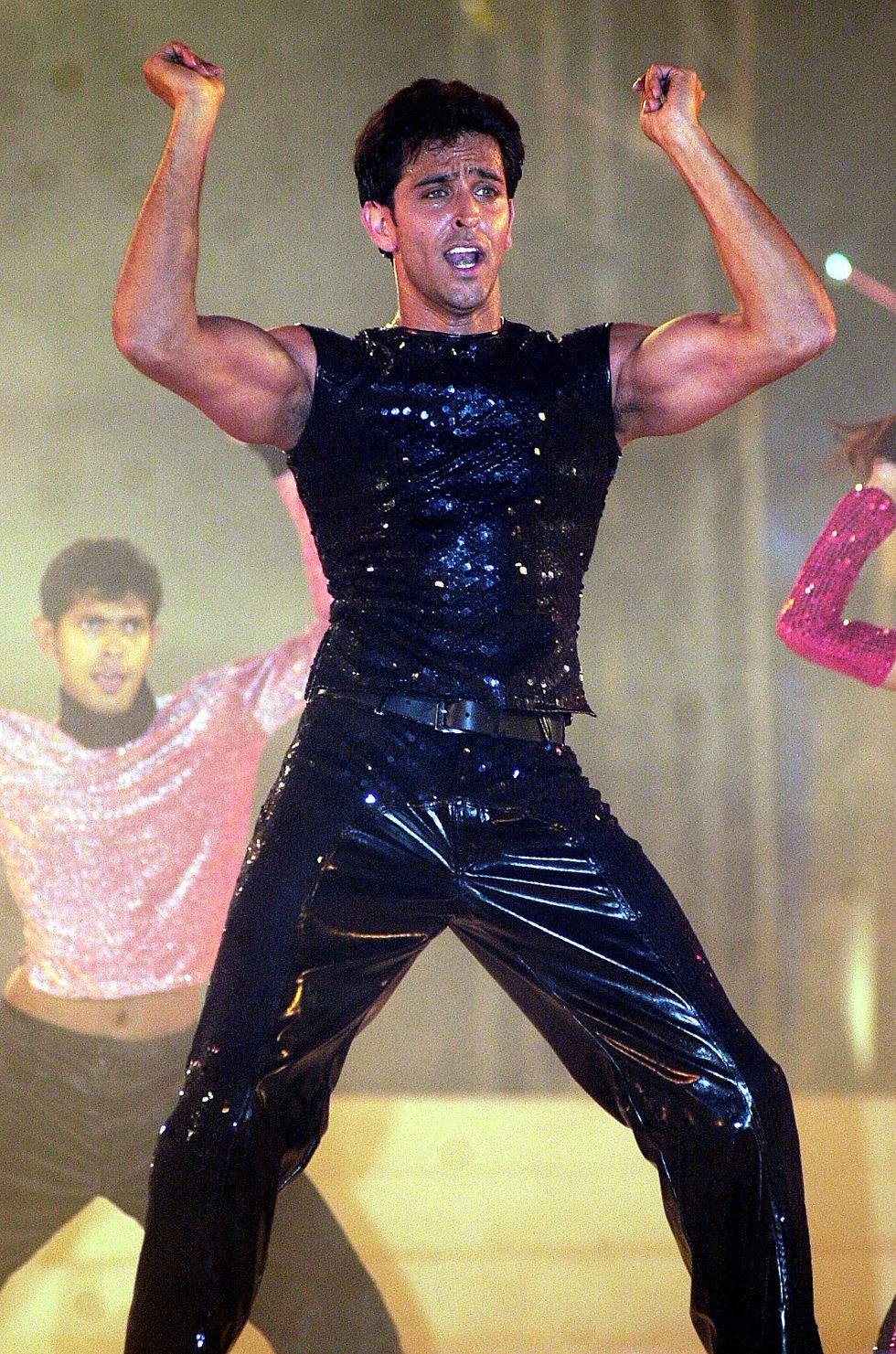Superheroes are evolving, and 2025 is proving to be a defining year for Asian heroes in global entertainment. With Ne Zha 2 dominating the box office and Marvel Zombies bringing fresh representation to the MCU, the Asian superwave isn’t just a fleeting trend but a movement reshaping the genre itself. These films and shows prove that superheroes can emerge from any culture and still connect with global audiences, breaking the long-held Western monopoly on the superhero narrative.
For years, Asian characters in Hollywood were either relegated to sidekick roles or even reduced to outdated stereotypes. But today, with Asian-led superhero films and series gaining international recognition, diverse heroes are no longer just an afterthought instead they’re at the forefront of the genre.
Ne Zha 2: Mythical hero who's setting the world on fire
Released in February 2025, Ne Zha 2 is already a massive global hit. The animated sequel brings back Ne Zha, the rebellious deity from Chinese mythology, and continues his journey of self-discovery, redemption, and heroism.
What makes Ne Zha 2 stand out isn’t just its stunning animation and action-packed sequences—it’s the way it stays rooted in Chinese folklore while bringing out universal themes of defiance, destiny, and self-acceptance. Much like Shang-Chi and the Legend of the Ten Rings proved that an Asian-led superhero film could break records, Ne Zha 2 solidifies the fact that audiences worldwide are eager for stories that different cultural heritage and experiences with modern storytelling.
- YouTubeyoutu.be
The film’s massive success actually highlights a growing appetite for non-Western superhero narratives. Ne Zha’s struggles with fate, identity, and power make him as relatable as any Marvel or DC hero, showing that Asian mythology can inspire the same level of devotion and excitement as classic Western comics.
Marvel Zombies: A dark twist on Asian superheroes
While Ne Zha 2 is a celebration of mythology and tradition, Marvel Zombies is taking superhero storytelling in a completely different direction.
Set to release in October 2025, this R-rated animated series reimagines fan-favourite Marvel heroes in a post-apocalyptic world overrun by zombies. But what makes this one truly groundbreaking is its focus on Asian superheroes—Shang-Chi (Simu Liu) and Ms. Marvel (Iman Vellani) are not just part of the ensemble; they’re leading the story.
- YouTubeyoutu.be
As we discussed earlier for years, Asian superheroes in Western media have been supporting characters—sidekicks, mentors, or minor figures in larger narratives. But Marvel Zombies is now putting them in the spotlight, giving them compelling story arcs and agency in a survival-driven, high-stakes environment.
The show’s darker, grittier tone marks a departure from Marvel’s usual family-friendly formula, proving that superhero stories with Asian leads don’t have to be constrained by traditional expectations anymore. They can be action-packed, brutal, and emotionally intense just like any other high-stakes comic book adaptation.
A Movement, Not a Moment
What’s happening with Ne Zha 2 and Marvel Zombies isn’t just about individual successes—it’s part of a larger movement that has been gaining momentum for years. Films like Minnal Murali (2021), Monkey Man (2024), The Legend of Maula Jatt (2022), and The Monkey King (2023) have proven that superhero storytelling doesn’t have to be confined to Hollywood.
- Minnal Murali (2021) – This Malayalam-language superhero film, starring Tovino Thomas, redefined Indian cinema’s approach to superheroes. By focusing on character development and local authenticity rather than CGI spectacle, it showed that homegrown superhero stories could be just as compelling as their Hollywood counterparts.
EXPAND
- Monkey Man (2024) – Directed by and starring Dev Patel, this action-packed film blends Hindu mythology with modern superhero storytelling, showcasing the raw, gritty potential of Indian superheroes.
EXPAND
- The Legend of Maula Jatt (2022) – While not a traditional superhero film, this Pakistani blockbuster redefined action storytelling in South Asian cinema, proving that audiences are ready for larger-than-life heroes beyond Bollywood and Hollywood.
EXPAND
- The Monkey King (2023) – A reimagining of the legendary Chinese folklore character, bringing an animated superhero-style adventure to Netflix audiences worldwide.
- YouTubeyoutu.be
Road Ahead
While progress is undeniable, challenges remain. The industry must ensure that Asian representation isn’t just a trend but a sustained commitment.
One of the biggest challenges is avoiding tokenism. Asian characters must be more than diversity checkboxes but they need fully realised identities, motivations, and arcs. Additionally, the industry must invest in Asian creators, writers, and directors to ensure that these stories are told authentically and in the rawest version possible.
But the momentum is undeniable. Upcoming projects like Ms. Marvel Season 2 (2026) promise to further expand the universe of Asian superheroes, bringing fresh perspectives and modern narratives.

Rise of Asian Superheroes: A New Era of Power and Representation
I guess by now we can certainly say that the Asian superwave is here to stay. With more projects in the pipeline and a growing appetite for diverse stories, the future sure looks bright.
These heroes aren’t just breaking barriers instead redefining what it means to be a superhero. They inspire a completely new generation of fans and creators, proving that anyone can be a hero making it clear that the era of Asian superheroes is just beginning.
Why the Asian superhero revolution is just the beginning
2025 marks a turning point for Asian superheroes in global entertainment. With Ne Zha 2 and Marvel Zombies leading the charge, and films like Minnal Murali and Monkey Man paving the way, the Asian superwave is reshaping the superhero genre drastically.
These stories are more than just entertainment but cultural statements that celebrate diversity, inspire audiences, and pave the way for a more inclusive future. The Asian superwave isn’t just a moment—it’s a movement. And it’s here to stay.






 Michael Longhurst’s reimagining of Shakespeare’s classic at RSC Stratford divides audiences with its bold 21st-century setting
Michael Longhurst’s reimagining of Shakespeare’s classic at RSC Stratford divides audiences with its bold 21st-century setting









 Kim Kardashian, North West and Kanye West attend the Alexander Wang Fashion ShowGetty Images
Kim Kardashian, North West and Kanye West attend the Alexander Wang Fashion ShowGetty Images  Paris Hilton, at the centre of Kanye West’s latest controversial comments about his family regretsGetty Images
Paris Hilton, at the centre of Kanye West’s latest controversial comments about his family regretsGetty Images
 CuckooReddit/ r/ClassicDesiCelebs
CuckooReddit/ r/ClassicDesiCelebs VyjayanthimalaMadraswallah
VyjayanthimalaMadraswallah Madhuri DixitBollywood Bubble
Madhuri DixitBollywood Bubble Hrithik RoshanGetty
Hrithik RoshanGetty